
Latest Articles about Europe's East
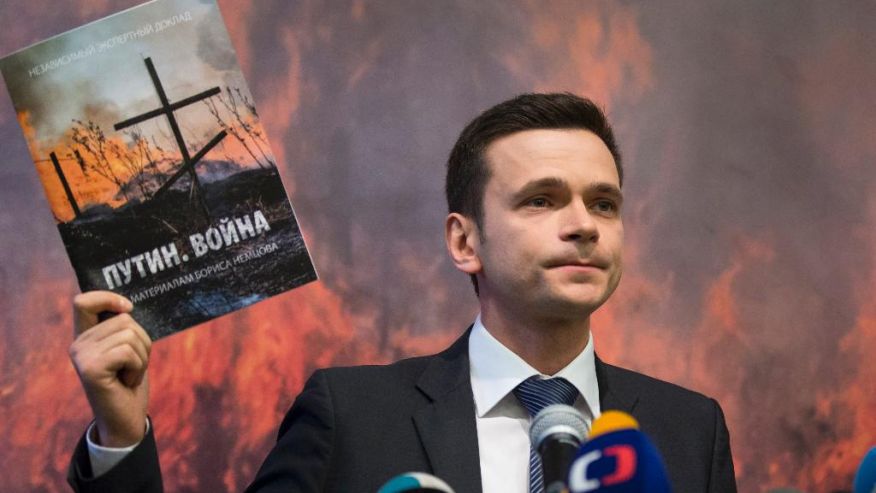
Boris Nemtsov’s Report on Russian War in Ukraine Is Published
The report “Putin. War” (“Putin. Voina”)—a summary of evidence of the involvement of the Russian military in the annexation of Crimea and in fighting in the eastern Ukrainian region of Donbas (encompassing Donetsk and Luhansk provinces)—was published and presented in Moscow this week (May 12).... MORE
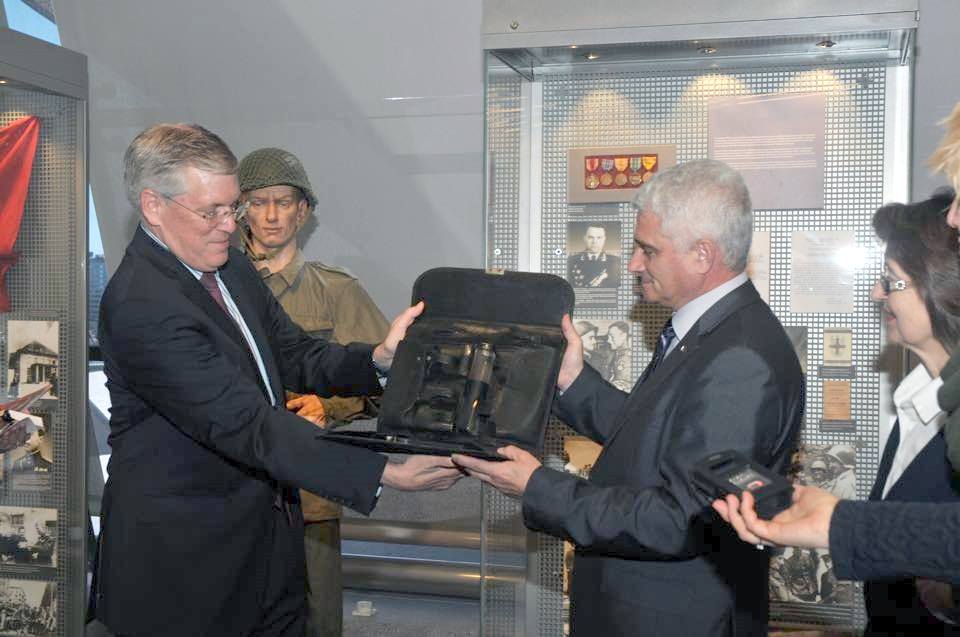
Belarus’s Rapprochement With the West and the Zero-Sum Fallacy
On May 7, Belarus’s national ice hockey team beat the United States for the first time, netting a 5–2 win at the world championship in Prague (BELTA, May 8). Hardly any piece of news pleased Belarusians more than this one. Yet, one may also recall... MORE
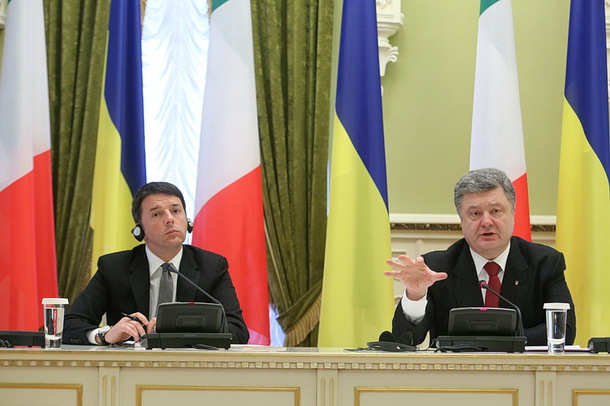
Italy Caught in Ukrainian Dilemma
Pressed by economic and geopolitical imperatives, Italy is trying to carve out its own diplomatic space over the crisis in Ukraine, in an apparent attempt at fostering a rapprochement between the European Union and Russia. The Russian annexation of the Ukrainian autonomous region of Crimea... MORE
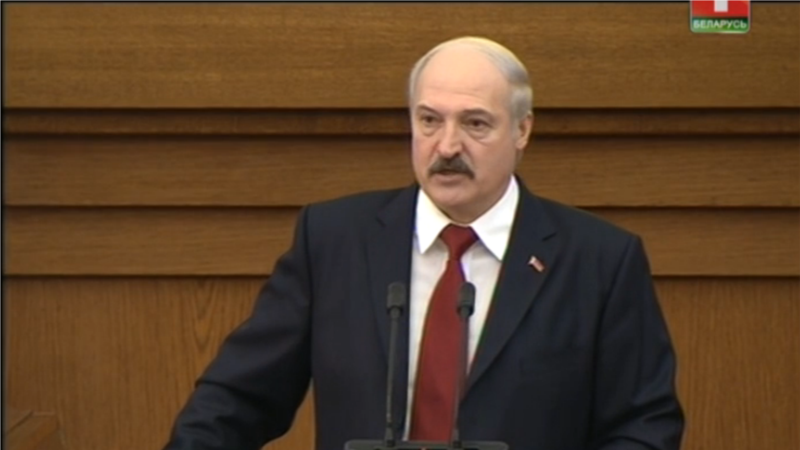
Lukashenka’s Annual Address on the State of the Country
On April 29, President Alyaksandr Lukashenka delivered his annual address “to the people and the parliament.” By far the most frequently discussed excerpt from his remarks—however awkward and tangential it may have been to the actually significant topics of the 2-hour-and-40-minute speech—was Lukashenka’s digression devoted... MORE
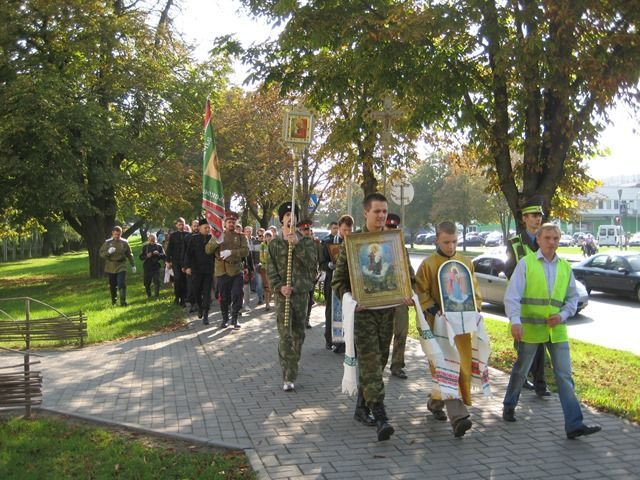
Moscow Readying Neo-Cossacks of Belarus for Use Against Lukashenka
Moscow has had little or no success in mobilizing ethnic Russians as a whole in Belarus against the current government in Minsk: the local Russian community, in almost all cases, blends easily with the Belarusian majority. But there is one group within that community with... MORE
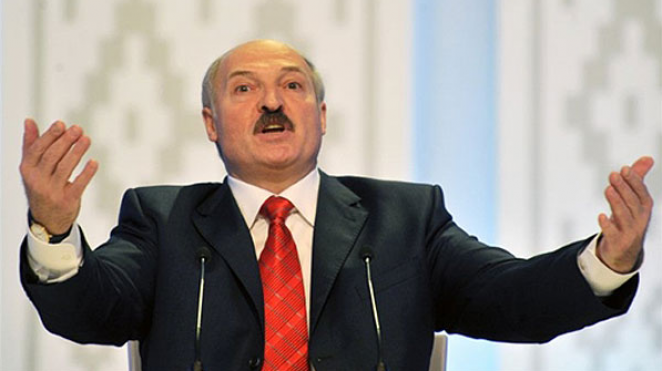
Belarus’s ‘Geopolitical Maneuvering’: A Character Flaw or a Rational Foreign Policy?
Despite the limited applicability of a zero-sum game approach and the vital necessity for Belarus to maintain good relationships with both East and West, Belarus’s government continually stands accused of treacherous geopolitical maneuvering. Such accusations are particularly common for Russian media. Thus, Regnum, a news... MORE
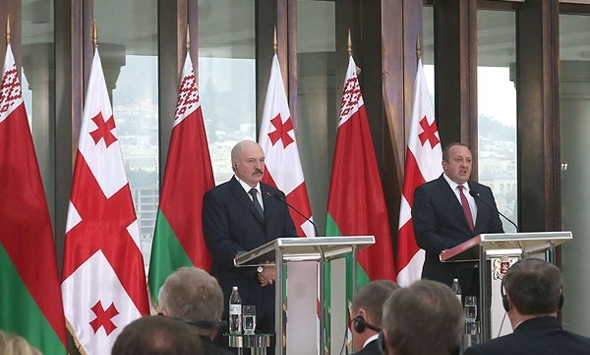
Bilateral Ties Between Georgia and Belarus Take a New Turn
On April 22–24, Belarusian President Alyaksandr Lukashenka paid his first ever official visit to Georgia. The visit was filled with pageantry and emotional declarations, as President Lukashenka met with Georgian President Giorgi Margevlashvili, Prime Minister Irakli Garibashvili, and the head of the Georgian Orthodox Church,... MORE
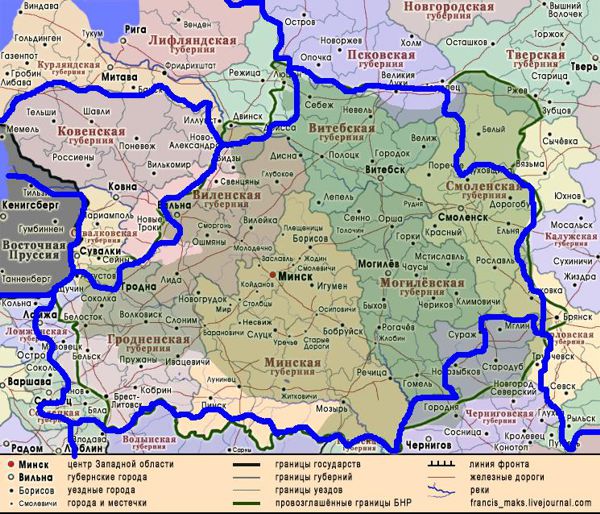
Belarusians Bristle at Russian Land Claims on Belarus
Russian imperialists have insisted that more than any other place within the former Soviet space, Belarus is artificial. They reach this conclusion on the basis that Belarus is culturally related to Russia on many measures, had only a brief experience with national independence before 1991,... MORE
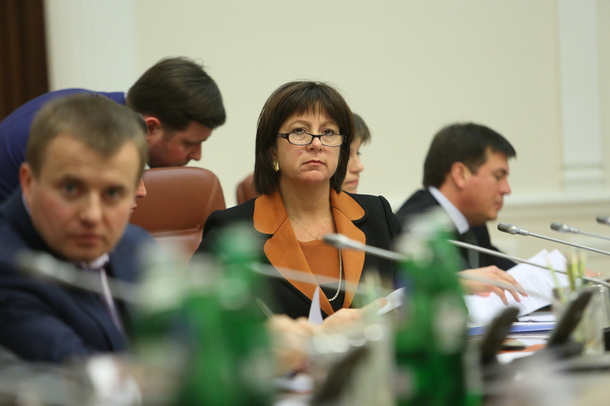
Russia’s Refusal to Restructure Debt Hinders Assistance Plan for Ukraine
Ukraine has to generate $15.3 billion over four years with the help of a debt restructuring plan agreed, last March, with the International Monetary Fund (IMF). The IMF, which approved a new $17.5 billion loan for Ukraine and issued the first $4.9 billion tranche, expects... MORE
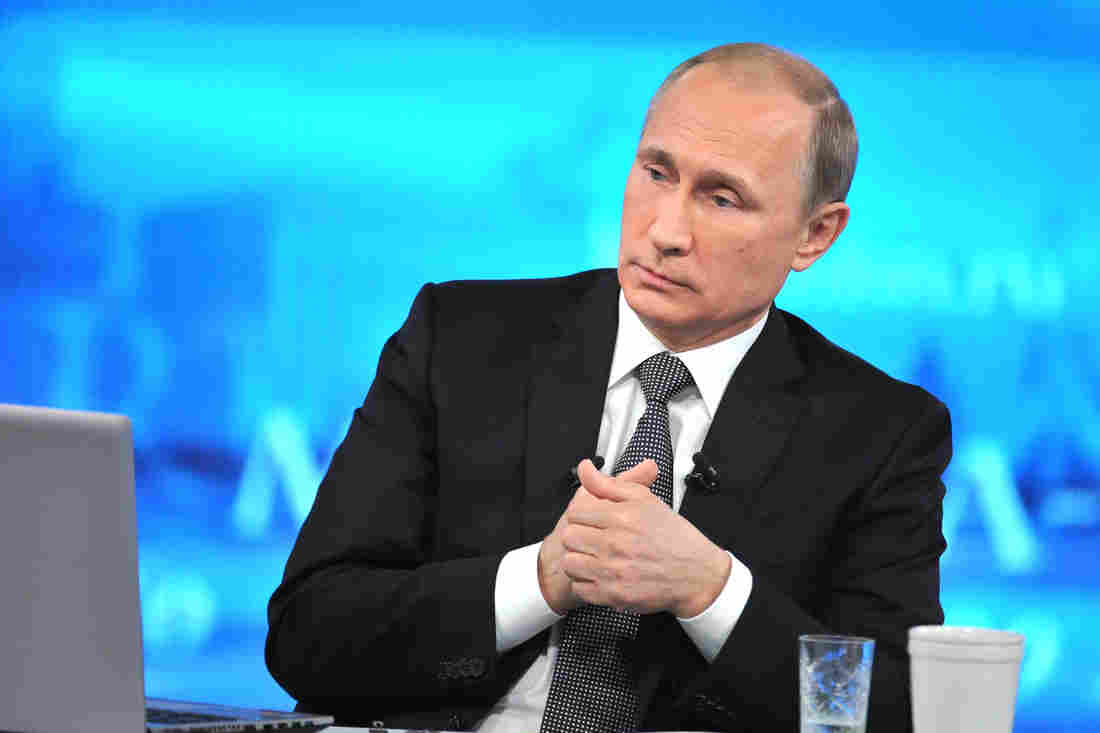
Putin Outlines Current Policy Toward Ukraine (Part Two)
Addressing Russia’s populace and, implicitly, Ukraine in his annual phone-in dialogue (see Part One in EDM, April 23), Russian President Vladimir Putin torpedoed the Minsk Two agreement beyond repair: “I say outright and unequivocally: there are no Russian forces in Ukraine” (Kremlin.ru, April 17). Quite... MORE